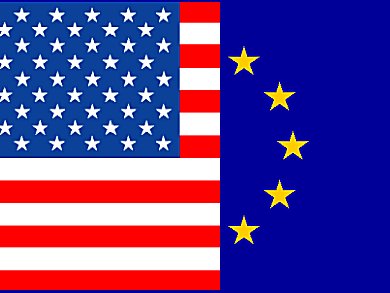“The US chemical industry is now one of the lowest-cost producers in the world,” said Calvin M. Dooley, chief executive officer of the trade group American Chemistry Council (ACC). According to the recent ACC report, exports of chemicals and plastics produced in the US have increased by 15 % since 2010. This is a $34.7 billion trade surplus for the industry in 2012.
The ACC is calling for a “robust and comprehensive” trade pact with the EU to further expand exports and capitalize on the dramatic drop in natural gas prices over the past few years.
US and EU trade officials have held preliminary talks, formal negotiations might begin this spring.
The ACC report also calls for a more cost-effective regulatory environment, expanded shale gas development, a lower corporate tax rate, and reduced freight rail transportation costs.
- Boosting U.S. Exports:Free Trade: Pact with European Union would bolster chemical sector competitiveness, says industry report,
Glenn Hess,
C&EN 2013, 91 (6), 8.
Also of interest:
- What is Shale Gas? How Does Fracking Work?,
V. Koester
ChemistryViews.org 2013.
DOI: 10.1002/chemv.201300017
How does hydraulic fracturing (fracking) and horizontal drilling make natural gas trapped in shale rock formations financially feasible and accessible? - Shale Gas: Impact on the Petrochemical Industry,
ChemViews magazine 2013.
DOI: 10.1002/chemv.201300015
Development of shale oil and gas has opened new sources of oil, natural gas, and key petrochemical feedstocks - Shale Oil Worldwide,
ChemistryViews.org 2012.
US and Canada seem to remain the main countries to take economic advantage of shale development for some time



